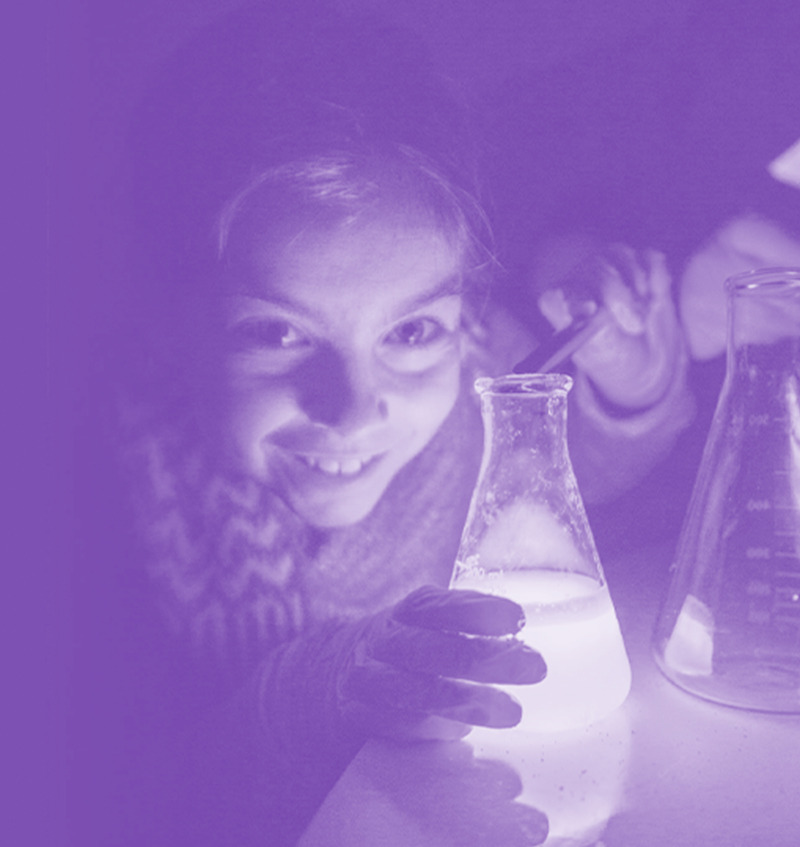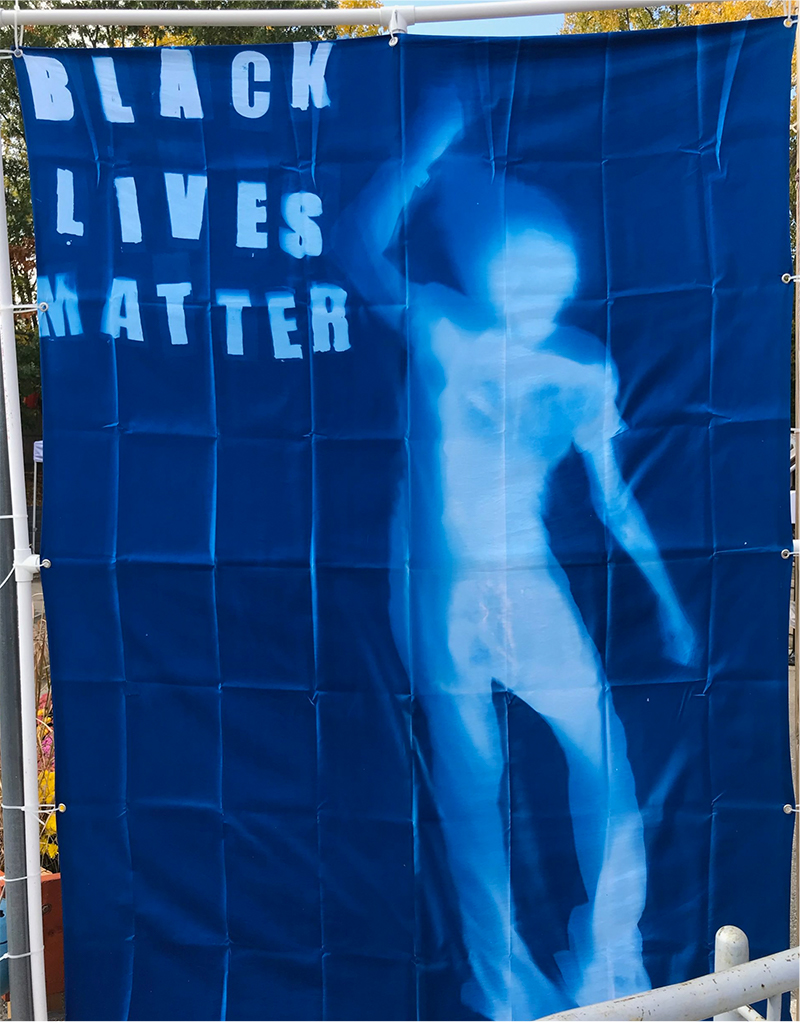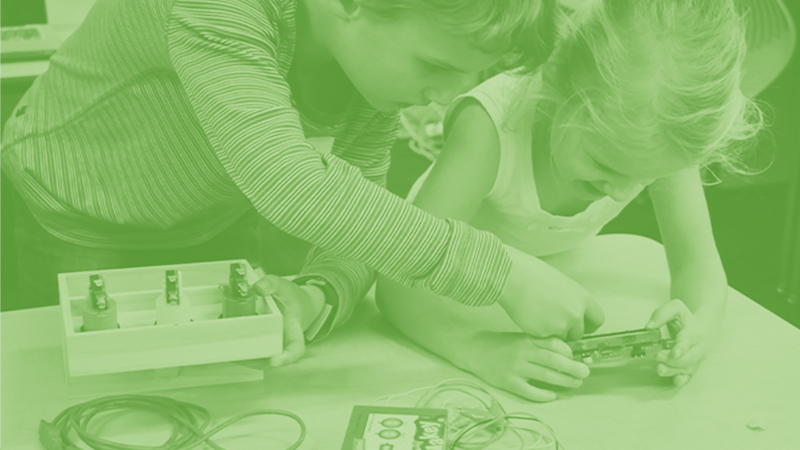Overview
Acera enables young people to have a runway that fits their potential, developing the next generation of scientists, innovators, and leaders for our world. We are creating a microcosm of what is possible for all schools—early and deep exposure to STEM topics and innovative fields, practice in creative and complex thinking and problem-solving, and opportunities to learn that align with students’ passions and capacities. Acera also offers flexible ability groupings in math and reading, allowing students to work at their own pace and engage in learning and discussion with like-ability peers.
We invent and practice new educational models, which include collaboration with world-class innovators and pilot tests of new curricula and approaches that can be scaled beyond our walls.
In addition, Acera recognizes that systemic racism affects all levels of society, including our school. We take a proactive role in making a more equitable and just world. Read our statement.

Our Commitment to Being an Actively Anti-Racist School
We welcome the national re-awakening around race, power, and privilege, and we welcome the Black Lives Matter movement as a transformative historical moment. We embrace our powerful role as educators in being part of this social change. We are committed to standing on the side of what is right.
We weave elements of anti-racism and anti-bias into our practice, and the current groundswell of support for a just society provides us the impetus and opportunity to do more. As with everything we do, we will do this in a collaborative rather than a top-down manner; we are always open to engaging with and learning from both our school community and the world around us.
We look forward to creating enhanced opportunities for our students, faculty, and staff to engage in anti-racist education in a way that is consistent with and supportive of the needs of all students. To cultivate a nurturing environment for our students, we must be aware of individual differences, cultural differences, and the weight of historical and systemic structures.
We will continue to grow and examine our practices of how we seek out, listen to, and amplify the voices of marginalized people in our teaching. This includes supporting one another to identify and reframe beliefs and behaviors that stem from implicit bias. In doing so, we will assist students in developing the critical thinking skills that will help them build the just society to which we all aspire.






